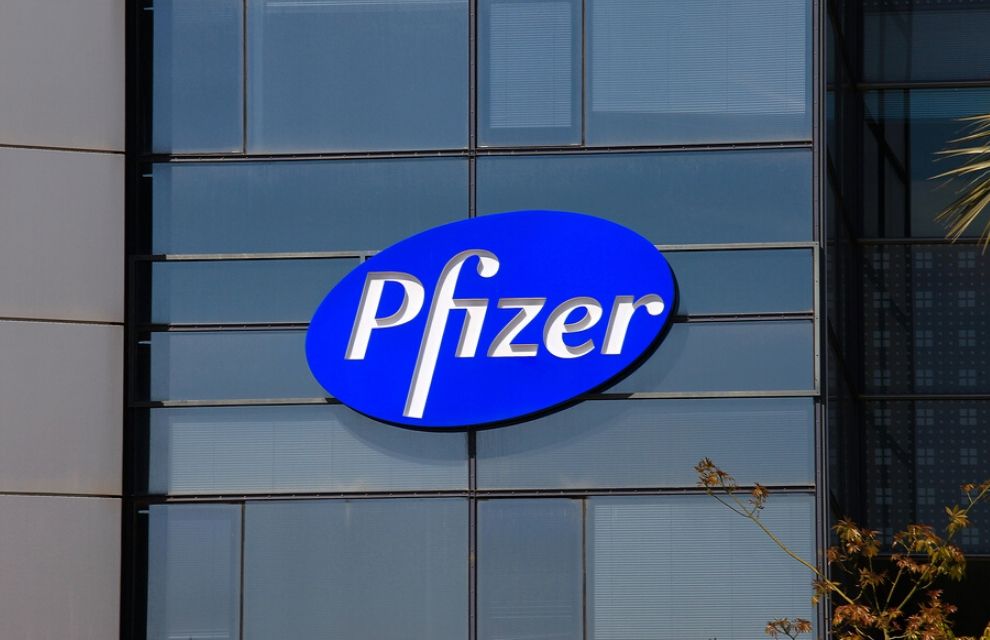A.M. Best has affirmed the financial strength rating of A (Excellent) and the long-term issuer credit rating of “a+” (Excellent) of Blue Whale Re, based in Vermont. The outlook of these credit ratings is stable. The ratings reflect Blue Whale’s balance sheet strength, which A.M. Best assessed as very strong, as well as its strong operating performance, neutral business profile and appropriate enterprise risk management (ERM). The ratings also reflect Blue Whale’s strategic position as the captive insurer for Pfizer, a leading global pharmaceutical company. As Blue Whale insures or reinsures Pfizer’s global property exposures, it plays an important role in the pharmaceutical company’s overall ERM and assumes a critical role in protecting the enterprise’s assets. The stable outlooks reflect A.M. Best's view that the company's operations will continue to generate operating results that engender supportive capitalisation for the ratings. A.M. Best explains: “Blue Whale’s capitalisation is very strong, albeit reliant on its parent. It operates at conservative underwriting leverage levels; however, it provides coverages with extremely large limits, and its gross exposures per loss occurrence are elevated.” “Although Blue Whale benefits from reinsurance protection, it is heavily dependent on reinsurance, with very substantial net retentions. Its reinsurance is provided by a large panel of reinsurers that provide significant capacity,” A.M. Best adds. The rating firm also took into consideration the quality of the reinsurers, and the substantial financial resources and support available to the captive as part of the Pfizer group. “Due to the nature of the relationship between Blue Whale and Pfizer, changes in Pfizer’s credit profile can impact Blue Whale’s ratings,” notes A.M. Best. Pfizer’s market-based credit risk measures indicate general strength and take into account the company’s strategic shift toward newer pharmaceuticals, with Pfizer having completed the divestiture of its over-the-counter pharmaceutical business and contribution of its mature pharmaceuticals going off patent to a joint venture. “Based on the parent’s refocused corporate strategy, as well as Blue Whale’s current reinsurance programme, Blue Whale appears well-positioned to continue to address Pfizer’s insurance needs,’ A.M. Best adds. Blue Whale’s operating results and reserve levels reverted to historical levels in 2019, following the final resolution of Hurricane Maria-related claims. The company’s property insurance requirements are decreasing, according to A.M. Best, following Pfizer’s divestiture of Upjohn, including the Caribbean production and warehouse facilities.


